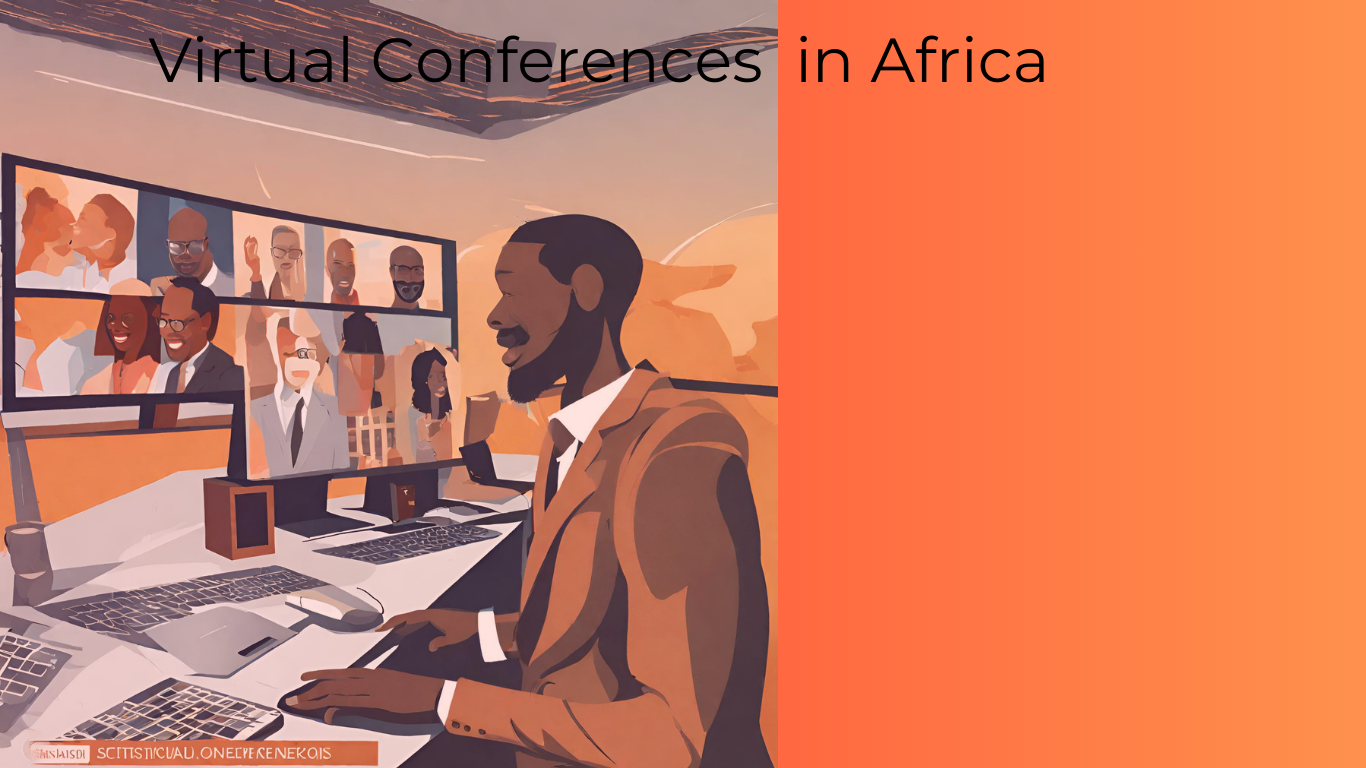The advent of virtual conferences has revolutionized the way professionals connect, collaborate, and network across the globe. Africa, with its diverse and burgeoning industries, has witnessed a significant impact from this shift towards online gatherings. In this comprehensive guide, we delve into the profound effects of virtual conferences on networking within Africa. From breaking geographical barriers to enhancing accessibility, virtual conferences have reshaped the landscape of professional interactions in Africa, offering new opportunities for growth, innovation, and collaboration. This is the Impact of Virtual Conferences on Networking in Africa. Conferences in Africa
Table of Contents:
- Evolution of Virtual Conferences
- Accessibility and Inclusivity
- Breaking Geographical Barriers
- Enhanced Engagement and Interaction
- Challenges and Opportunities
- Strategies for Maximizing Networking in Virtual Conferences
- Conclusion: Embracing the Future of Networking in Africa
Evolution of Virtual Conferences:
Virtual conferences have evolved significantly over the years, transitioning from basic webinars to fully immersive online experiences. With advancements in technology, platforms, and connectivity, virtual conferences now offer a range of interactive features, including live streaming, virtual booths, chat rooms, and networking lounges.
Accessibility and Inclusivity:
One of the most significant benefits of virtual conferences is their enhanced accessibility and inclusivity. Attendees no longer face barriers such as travel costs, visa restrictions, or time constraints, allowing for greater participation from individuals across Africa and beyond. This democratization of access fosters diversity and inclusion within professional networks.
Breaking Geographical Barriers:
Virtual conferences eliminate geographical limitations, enabling professionals from different regions of Africa to connect and collaborate seamlessly. Whether located in urban centres or rural areas, attendees have equal access to networking opportunities, fostering a more interconnected and cohesive professional community.
Enhanced Engagement and Interaction:
Despite the physical distance, virtual conferences offer unique opportunities for engagement and interaction. Through features such as live Q&A sessions, virtual breakout rooms, and interactive polls, attendees can actively participate in discussions, share insights, and build meaningful connections with peers and industry experts.
Challenges and Opportunities:
While virtual conferences offer numerous benefits, they also present challenges such as technological barriers, connectivity issues, and potential distractions. However, these challenges can be overcome through proactive measures such as pre-event tech checks, reliable internet connections, and engaging content delivery.
Strategies for Maximizing Networking in Virtual Conferences:
To make the most of networking opportunities in virtual conferences, attendees can implement various strategies, including:
- Actively participate in virtual networking sessions, one-on-one meetings, and group discussions.
- Utilize social media platforms and conference-specific networking tools to connect with fellow attendees before, during, and after the event.
- Prepare an elevator pitch and concise introduction to effectively communicate your professional background and interests.
- Follow up with contacts post-conference through personalized emails, LinkedIn connections, or virtual coffee meetings to nurture relationships and collaborations.
Embracing the Future of Networking in Africa Virtual conferences have fundamentally transformed the way professionals network and collaborate in Africa, offering unprecedented opportunities for connectivity, accessibility, and engagement. By embracing the benefits of virtual networking, professionals can expand their professional networks, share knowledge, and drive innovation across diverse industries. As virtual conferencing continues to evolve, Africa stands poised to lead the way in leveraging technology to foster meaningful connections and drive positive change in the professional landscape.

